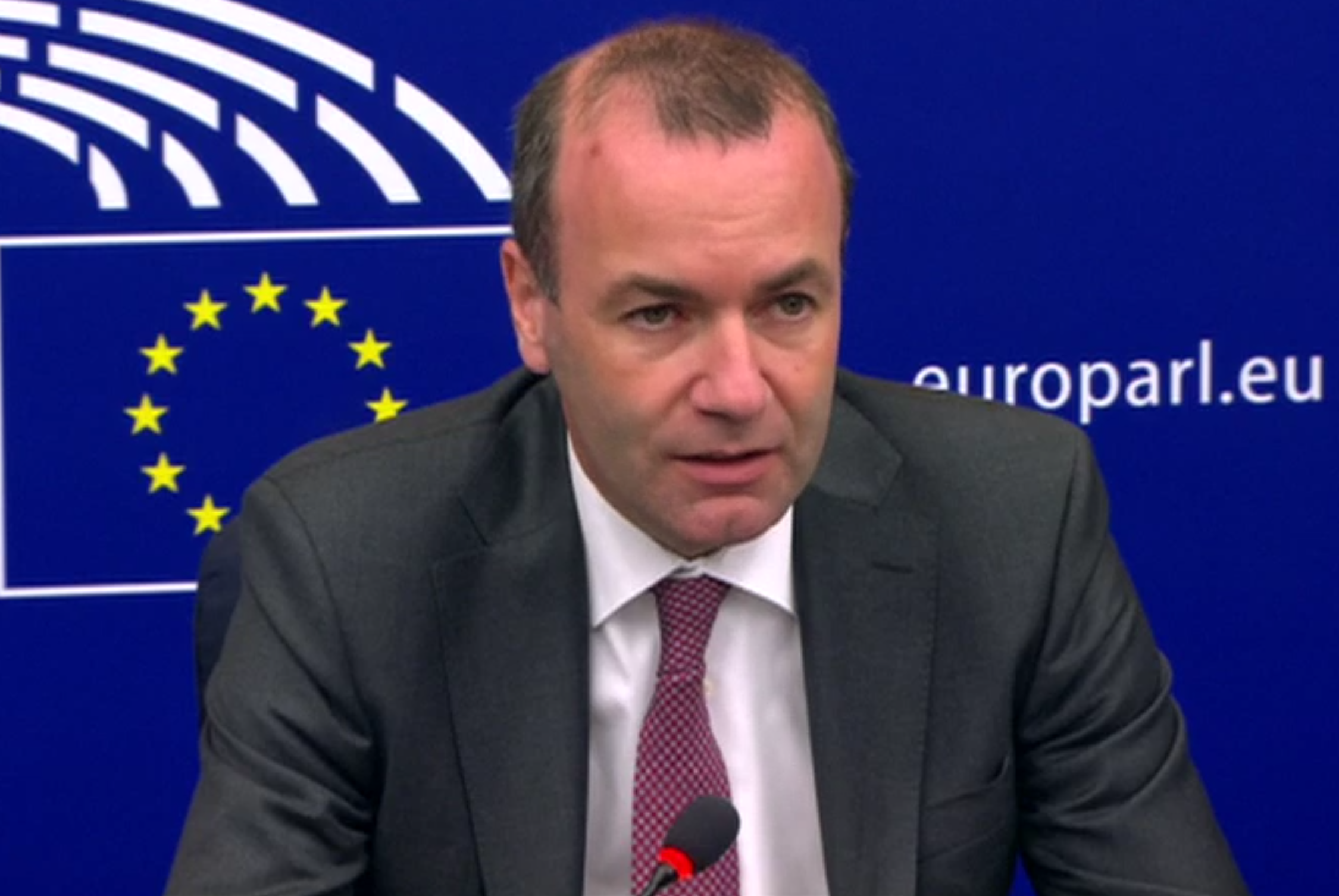Labour on track for victory in European parliament elections that could hand EU commission presidency to socialists, polls show
Corbyn’s party set to do well next month, while continent-wide seat projections suggest their MEPs could make difference
A strong result for Labour in the European parliament elections could be enough to hand the European Commission presidency back to the continent’s centre-left, according to the latest polls.
The race to replace Jean-Claude Juncker as commission president is in practice a contest between the centre-right European People’s Party (EPP), which has dominated the parliament since 1999, and the centre-left socialist group.
Under the EU’s so-called “Spitzenkandidat” system the lead candidate for the group that comes top in the elections becomes the commission president, as long as member states approve.
With the latest polling showing a Labour landslide in the UK, Britain’s 73 MEPs could be enough to tip the balance of power in Brussels and clinch victory for the socialists – shifting the priorities of the whole EU leftwards.
The latest survey by Hanbury Strategy shows Jeremy Corbyn’s party coming top with 38 per cent of the vote, with the Tories trailing far behind on 23 per cent. The result for Labour would be the highest achieved by any UK party in European parliament elections in history. Other polls also show Labour in the lead in the contest.
Labour could pick up around 30 MEPs with such a result – which could make the difference in choosing the commission president. Official projections for the new parliament show the socialists closing the gap with the EPP; the January projection had a gap of 57 MEPs – by February it had narrowed to 46. Both projections assumed there would be no British MEPs.
Because of David Cameron’s decision to take the Tories out of the EPP and form a new right-wing group, UK participation in the elections benefits the socialist group in the race for the next commission president – and never the EPP, as no EPP party stands in the UK. The Conservatives sit in the European Conservatives and Reformists group with other right-wing, mostly Eurosceptic parties.
The EPP could also be further disadvantaged because British participation in the elections would revert the contest back to the old seat allocation. Under the allocation drawn up for after Brexit, seats from the UK (which has no EPP party) would have been reallocated to countries that do have EPP parties (practically every other member state).
Manfred Weber, the EPP’s lead candidate, has been the loudest voice in Brussels against the UK participating in EU elections. As the frontrunner for commission president he stands to lose the most if the UK tips the balance in favour of the continent’s centre-left. The lead candidate for the socialists is Frans Timmermans, a Dutch social democrat who is currently first vice president of the European Commission.
A strong result for the socialists would also see the various commission departments packed with leaderships from the continent’s centre-left.
The situation for choosing the next commission president is complicated, however, because some EU leaders say they are opposed to the Spitzenkandidat system, which was only introduced in 2014.

Under EU treaties the member states vote by qualified majority to choose the president, taking into account the results of the European parliament elections. The European parliament must then approve or veto the appointment, with an absolute majority required.
Senior EU figures such as commission president Jean-Claude Juncker, council president Donald Tusk, chief negotiator Michel Barnier, and parliament president Antonio Tajani all come from the EPP.
The Hanbury Strategy poll has Labour on 38 per cent, the Conservatives on 23 per cent, the Brexit party on 10 per cent, Lib Dems on 8 per cent, Ukip on 8 per cent, Change UK on 4 per cent, the SNP on 4 per cent and the Greens on 4 per cent.
All previous polls have also shown Labour leads, though smaller ones – one from March conducted by Opinium had a six-point Labour lead as opposed to the 15 per cent lead from the latest survey.
The EU has said the UK would have to participate in European parliament elections as a condition for a long extension, which Theresa May is expected to be offered at an EU summit in Brussels today. If the UK has not left the UK by Tuesday 23 May, European parliament elections will be held on that day.
Join our commenting forum
Join thought-provoking conversations, follow other Independent readers and see their replies
Comments
Bookmark popover
Removed from bookmarks